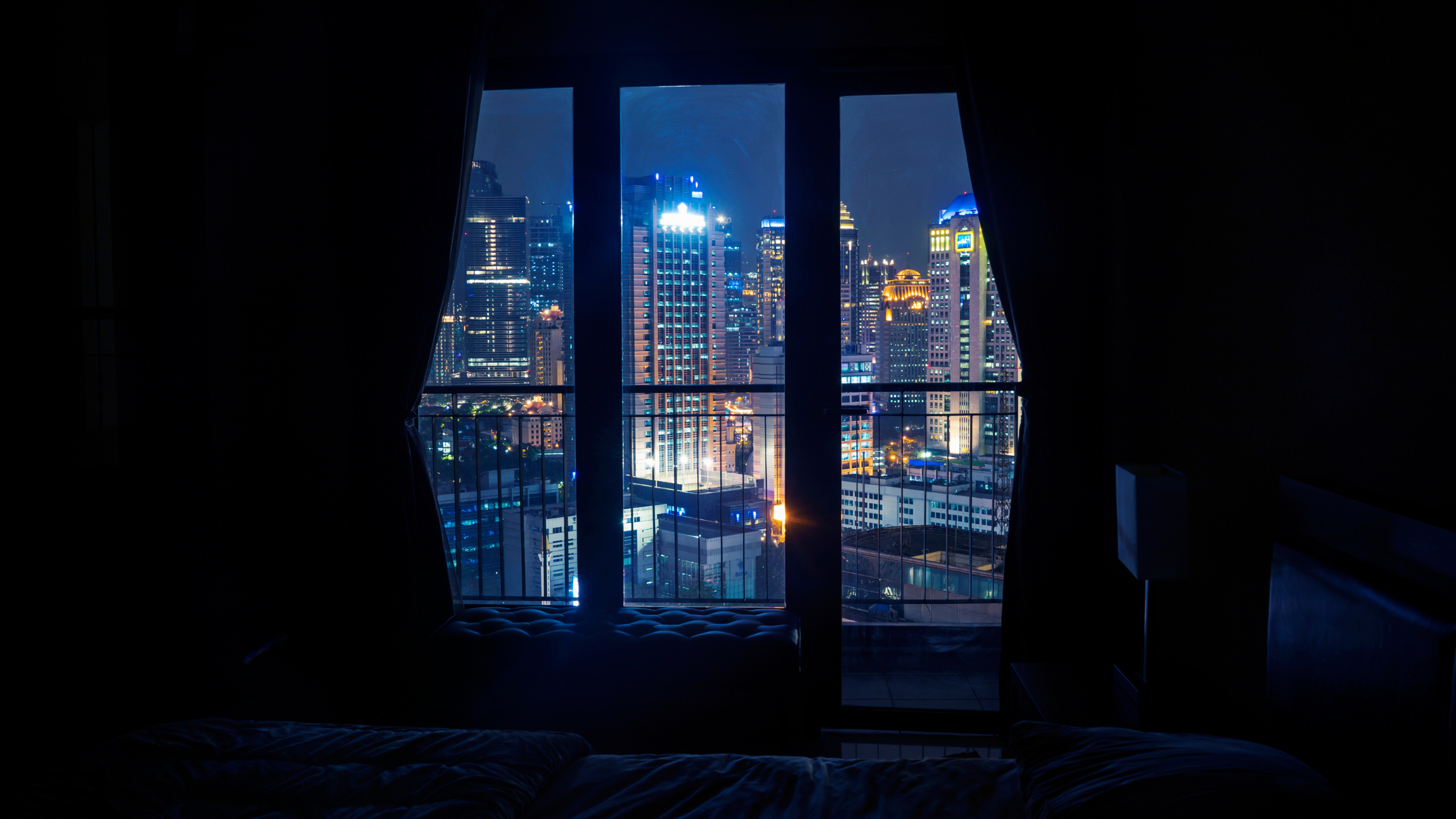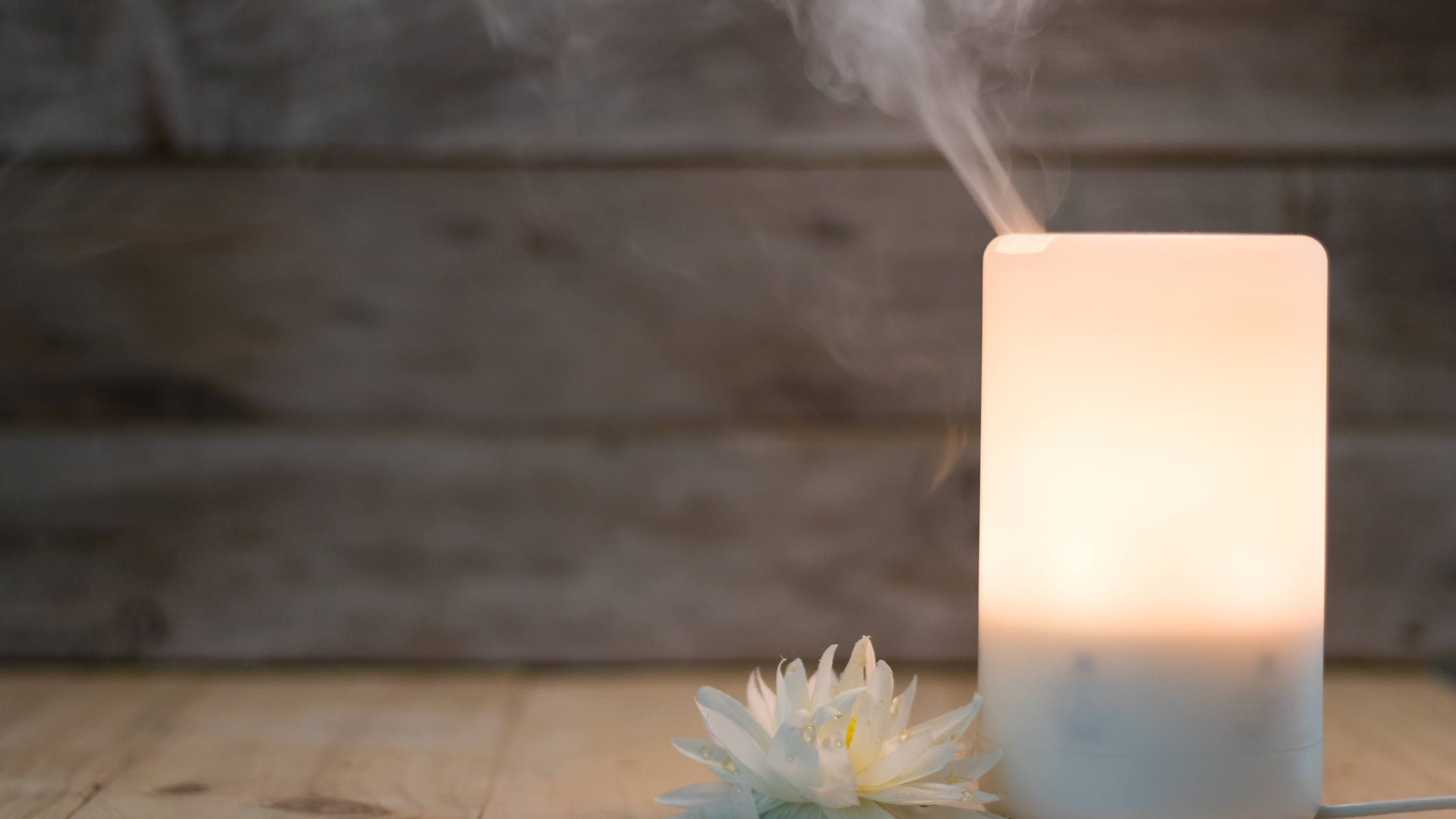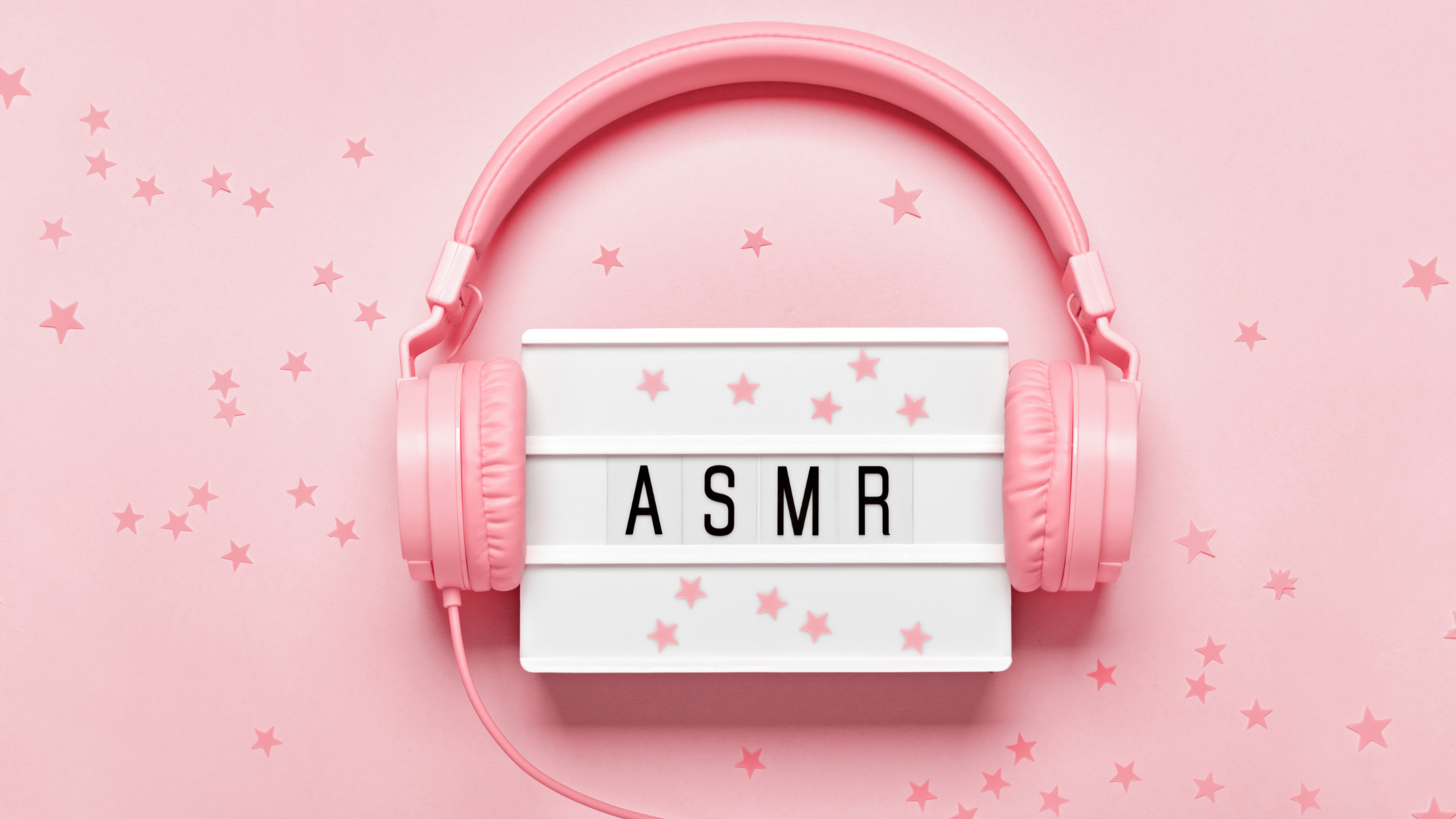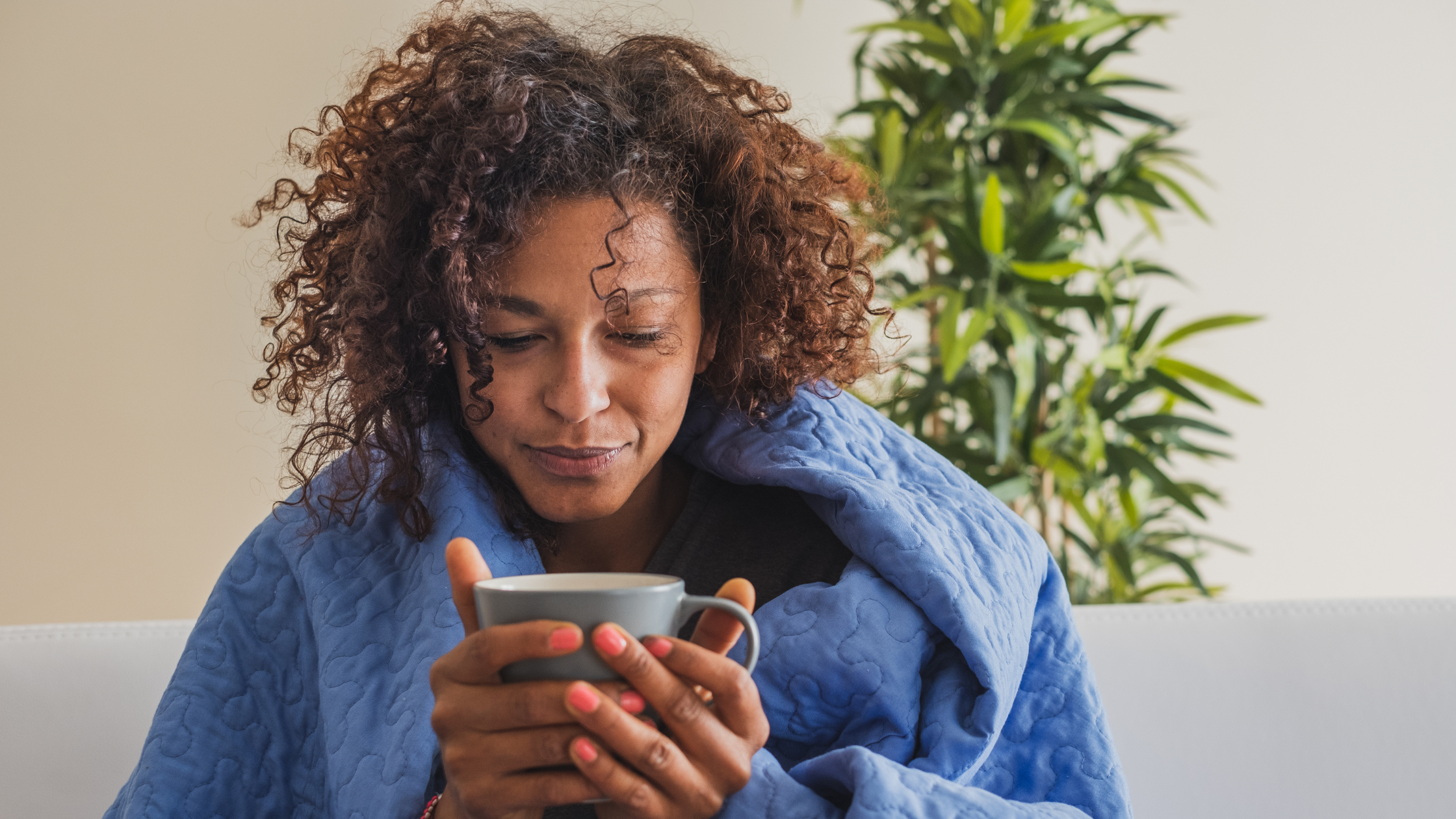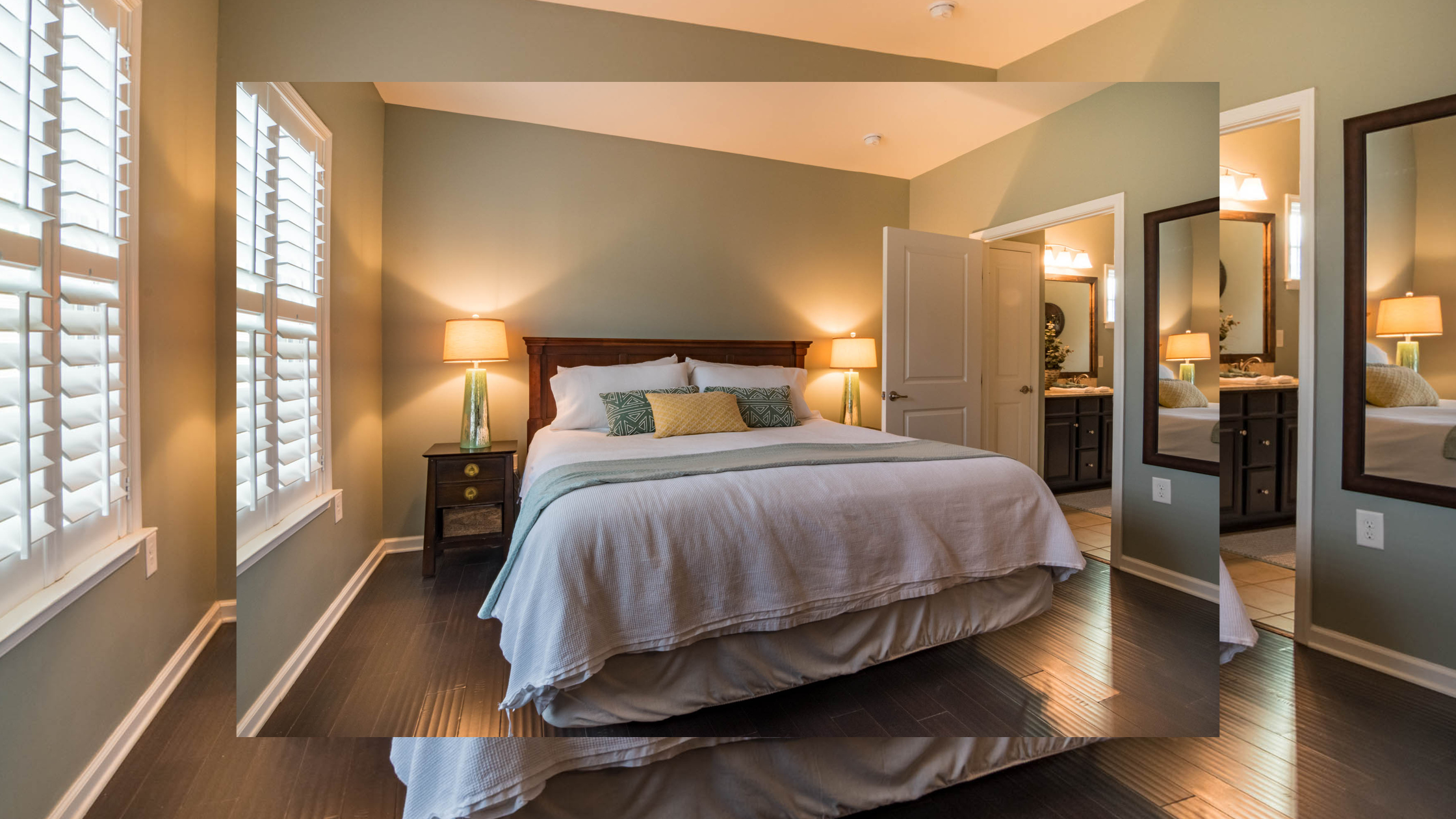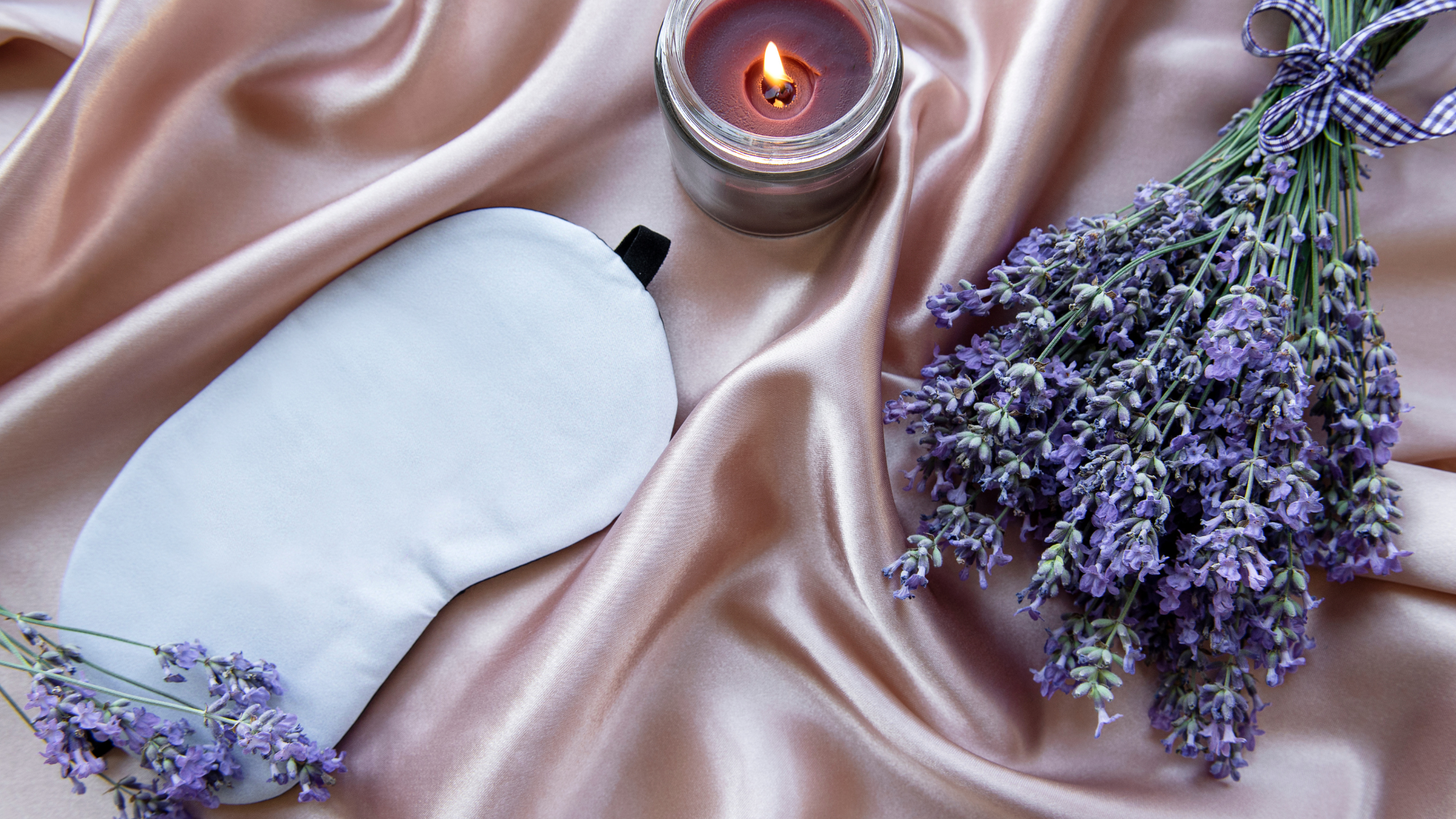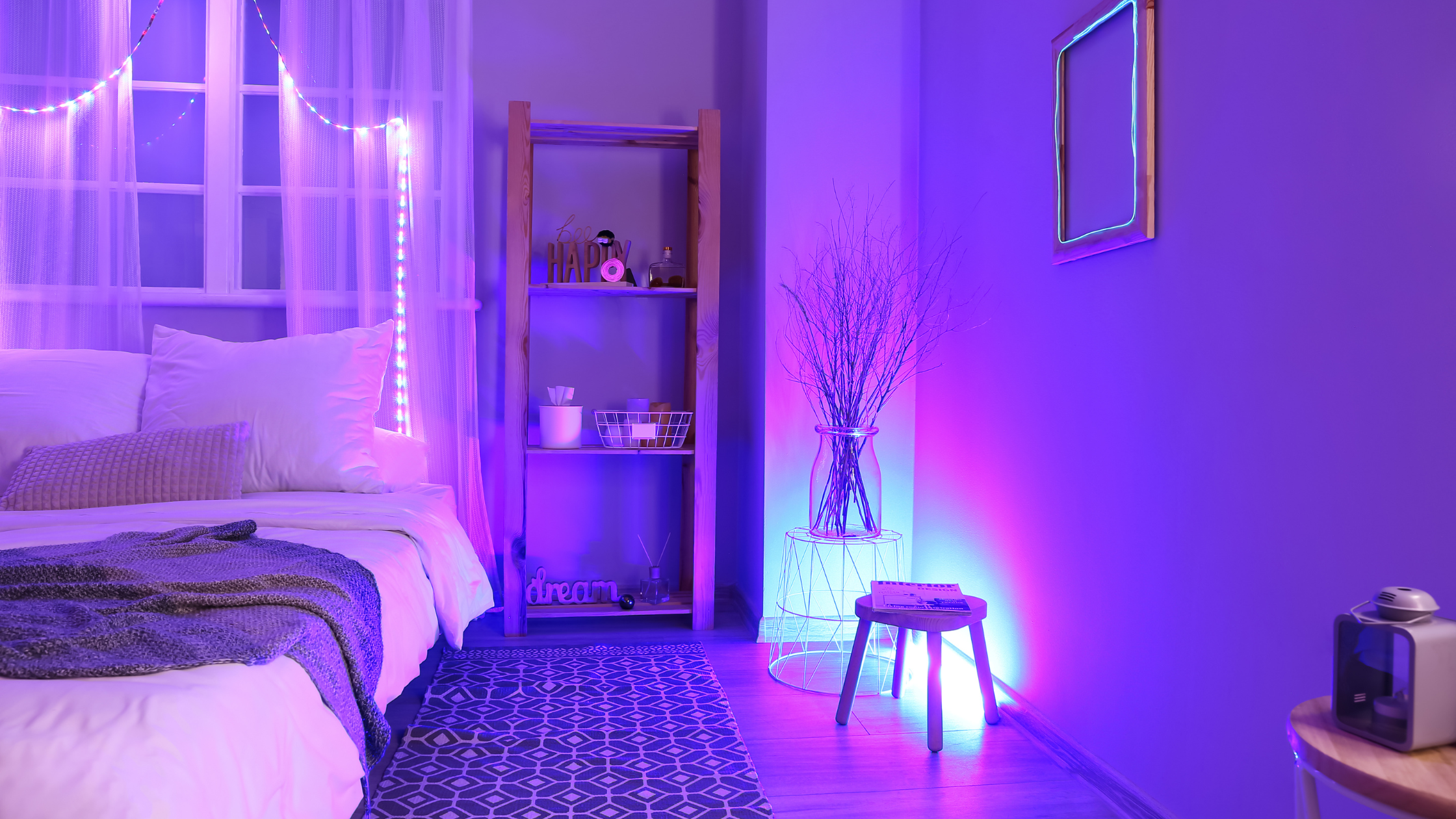In the fast-paced rhythm of our daily lives, finding solace and tranquility becomes increasingly essential, especially when it's time to wind down for a good night's sleep. Music, with its profound ability to evoke emotions and set the tone, can be a powerful ally in creating a serene bedtime atmosphere. In this guide, we'll explore the world of sleep-inducing tunes and curate a playlist that will gently guide you into the arms of peaceful slumber.
Sound Sleep in the City That Never Sleeps: Tips for a Peaceful Night's Rest
Living in a bustling, noisy city has its perks, but one significant drawback is the challenge of getting a good night's sleep. From blaring sirens and honking horns to lively nightlife and construction projects, urban environments can be a nightmare for those seeking peace and quiet when it's time to hit the hay. However, with some strategic planning and a few lifestyle adjustments, you can ensure that city living doesn't rob you of your precious sleep. In this blog post, we'll explore some effective strategies for achieving quality sleep in a noisy city.
Breathe Easy and Sleep Soundly: The Benefits of Using a Humidifier at Night
Getting a good night's sleep is essential for our overall well-being, and a simple addition to your bedroom can make a world of difference. Enter the humidifier, a device that can improve the quality of your sleep by providing a comfortable and soothing environment. In this blog post, we'll explore the many benefits of using a humidifier at night for better sleep.
The Soothing Whisper of ASMR: Can it Help with Sleep?
In our fast-paced and often stressful world, finding effective methods for relaxation and improved sleep is a quest many embark upon. One intriguing phenomenon that has gained immense popularity in recent years is ASMR, which stands for Autonomous Sensory Meridian Response. It's a unique sensory experience that involves a tingling sensation, often accompanied by a sense of calm and relaxation, triggered by specific audio or visual stimuli. In this blog post, we'll explore what ASMR is, how it works, and whether it can genuinely help with sleep.
The Sleep-Anger Connection: How Lack of Sleep Fuels Irritation
Have you ever found yourself snapping at a loved one or colleague for no apparent reason? Or perhaps you've experienced intense frustration over minor inconveniences? While numerous factors can contribute to our emotional states, one often underestimated culprit is the lack of sleep. In this blog post, we'll delve into the fascinating connection between sleep deprivation and anger, exploring the science behind it and offering practical tips to help you regain your emotional balance.
The Soothing Power of Candles: A Guide to Better Sleep
In our fast-paced and digitally connected world, getting a good night's sleep has become somewhat of a luxury. Many of us struggle with sleep-related issues, from insomnia to restless nights filled with tossing and turning. Fortunately, there's a simple and delightful solution that might just help you get the rest you need: candles. In this blog post, we'll explore the calming influence of candles on sleep and provide you with tips on how to create the perfect sleep-inducing ambiance.
Embracing the Chill: Tips for Sleeping Well in Cold Weather
As the temperature drops and winter settles in, our sleeping habits often change to adapt to the colder conditions. While curling up under cozy blankets can feel comforting, sleeping in cold weather can also present challenges that affect the quality of our rest. In this blog post, we'll explore why sleeping in cold weather is different, how it impacts our sleep, and share practical tips for ensuring restful nights during chilly nights.
Creating a Sleep Environment That Works for Both Partners
Sharing a bed with a partner can be a delightful experience, but differences in sleep preferences and habits can sometimes lead to challenges. Creating a sleep environment that caters to both partners' needs is essential for a harmonious and restful night. In this blog post, we'll explore practical tips and strategies to cultivate a sleep sanctuary that works seamlessly for both individuals.
Creating an Optimal Sleep Environment on a Budget: Your Path to Restful Nights
In today's fast-paced world, ensuring quality sleep has become more important than ever. Sleep is crucial for our physical, mental, and emotional well-being, and creating an optimal sleep environment plays a significant role in achieving restful nights. The good news is that you don't need to break the bank to set up a sleep haven that promotes relaxation and rejuvenation. In this blog post, we'll explore practical and budget-friendly tips to help you craft the perfect sleep environment.
We all know that a good night's sleep is essential for our overall well-being and productivity. However, in today's modern world filled with screens and artificial lighting, achieving quality sleep can sometimes be a challenge. Recent research suggests that the color of light we expose ourselves to before bed can have a significant impact on our sleep quality. In this blog post, we'll delve into the science behind light and sleep and explore which color light might be the most beneficial for a restful night's sleep.


